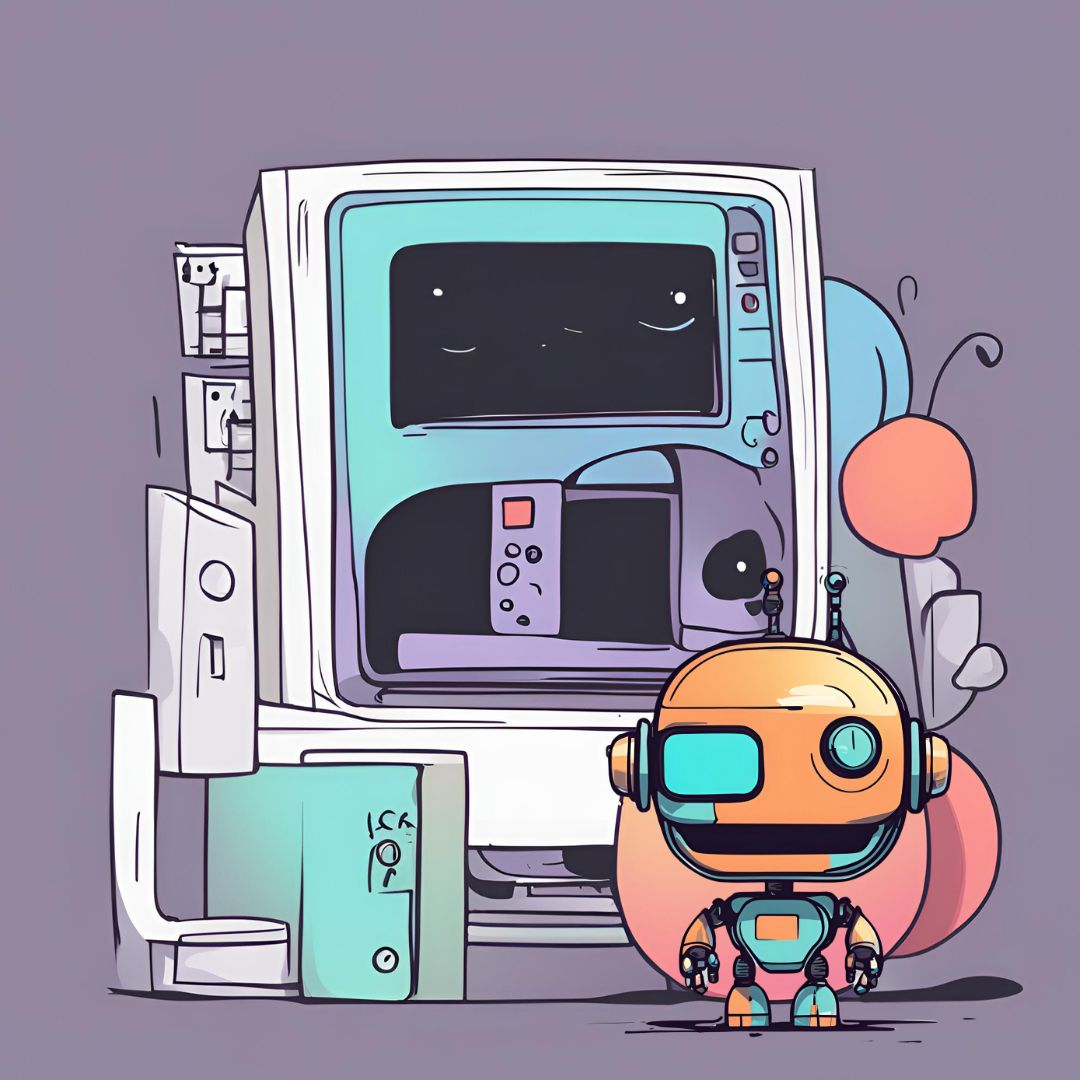In customer service, Interactive Voice Response (IVR) systems have long been both a blessing and a curse. While they offer businesses a way to efficiently route calls and handle basic inquiries, they often leave customers frustrated with their limited capabilities and impersonal interactions. However, the rise of AI programs heralds a new era in customer service, representing the natural evolution of IVR systems and promising to revolutionize the way businesses engage with their customers.
IVR systems have served as the backbone of automated customer service for decades, allowing businesses to automate routine tasks and inquiries through pre-recorded voice prompts and touch-tone responses. While they were a significant advancement in their time, IVR systems have become synonymous with long wait times, confusing menu options, and impersonal interactions.
Enter AI call agents – the next generation of automated customer service. Powered by artificial intelligence and natural language processing, AI call agents offer a more intuitive and personalized experience for customers. Instead of navigating cumbersome menus or waiting on hold to speak with a human agent, customers can engage with AI agents in natural language conversations, allowing for faster and more efficient issue resolution.
One of the key advantages of AI call agents is their ability to understand and respond to customer inquiries with human-like intelligence. Unlike traditional IVR systems that rely on rigid menu structures and limited keyword recognition, AI agents can interpret the nuances of natural language, detect emotions, and provide contextually relevant responses. This enables them to handle a wider range of inquiries and deliver more personalized solutions to customers.
Moreover, AI call agents offer businesses a level of scalability and flexibility that traditional IVR systems simply cannot match. With IVR systems, businesses are often constrained by the need to pre-program responses and menu options, leading to a rigid and inflexible customer experience. In contrast, AI call agents can be trained and updated in real-time, allowing businesses to adapt to changing customer needs and preferences on the fly.
As businesses continue to invest in conversational AI to enhance their customer service capabilities, AI call agents are poised to become the new standard in automated customer interactions. With their ability to deliver personalized, efficient, and intuitive experiences, AI call agents represent the natural evolution of IVR systems and promise to redefine the way businesses engage with their customers.
Resistance to AI call agents is likely to be minimal, as businesses and customers alike recognize the benefits of faster, more personalized customer service. By embracing AI call agents as the next frontier in automated customer interactions, businesses can unlock new opportunities to enhance customer satisfaction, drive operational efficiency, and stay ahead of the competition in an increasingly digital world.
